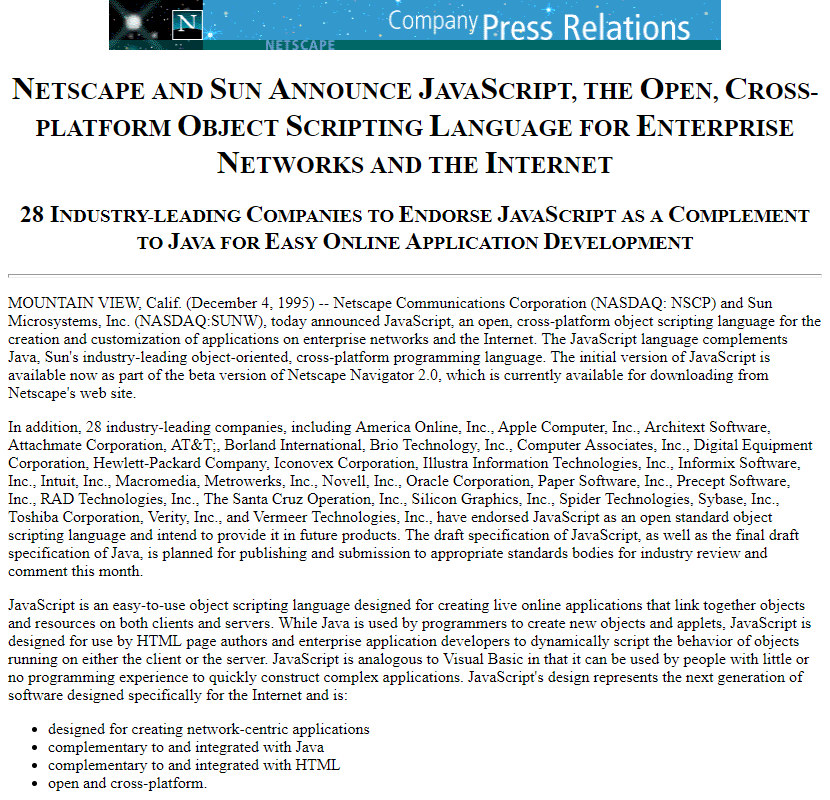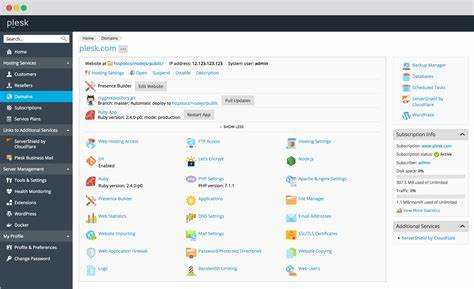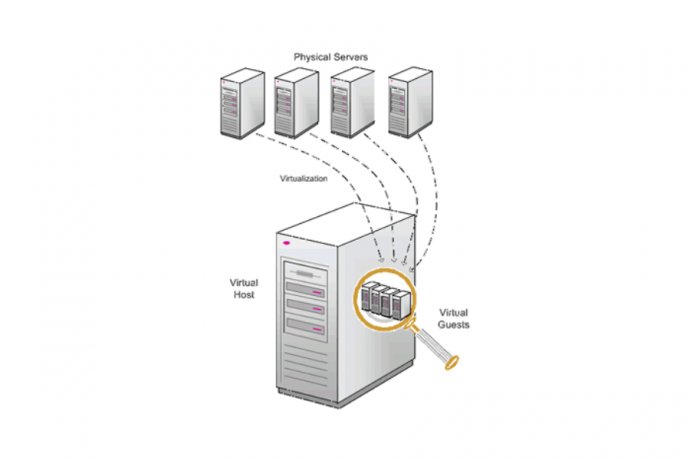We’re living in the Age of “The Cloud” – a global information network powered by vast arrays of data centers scattered throughout the world. It’s dominated by a handful of providers including Amazon, Microsoft, and Google. But our future can’t all run on The Cloud. The Cloud’s growth has been spectacular and seemingly without end ...











